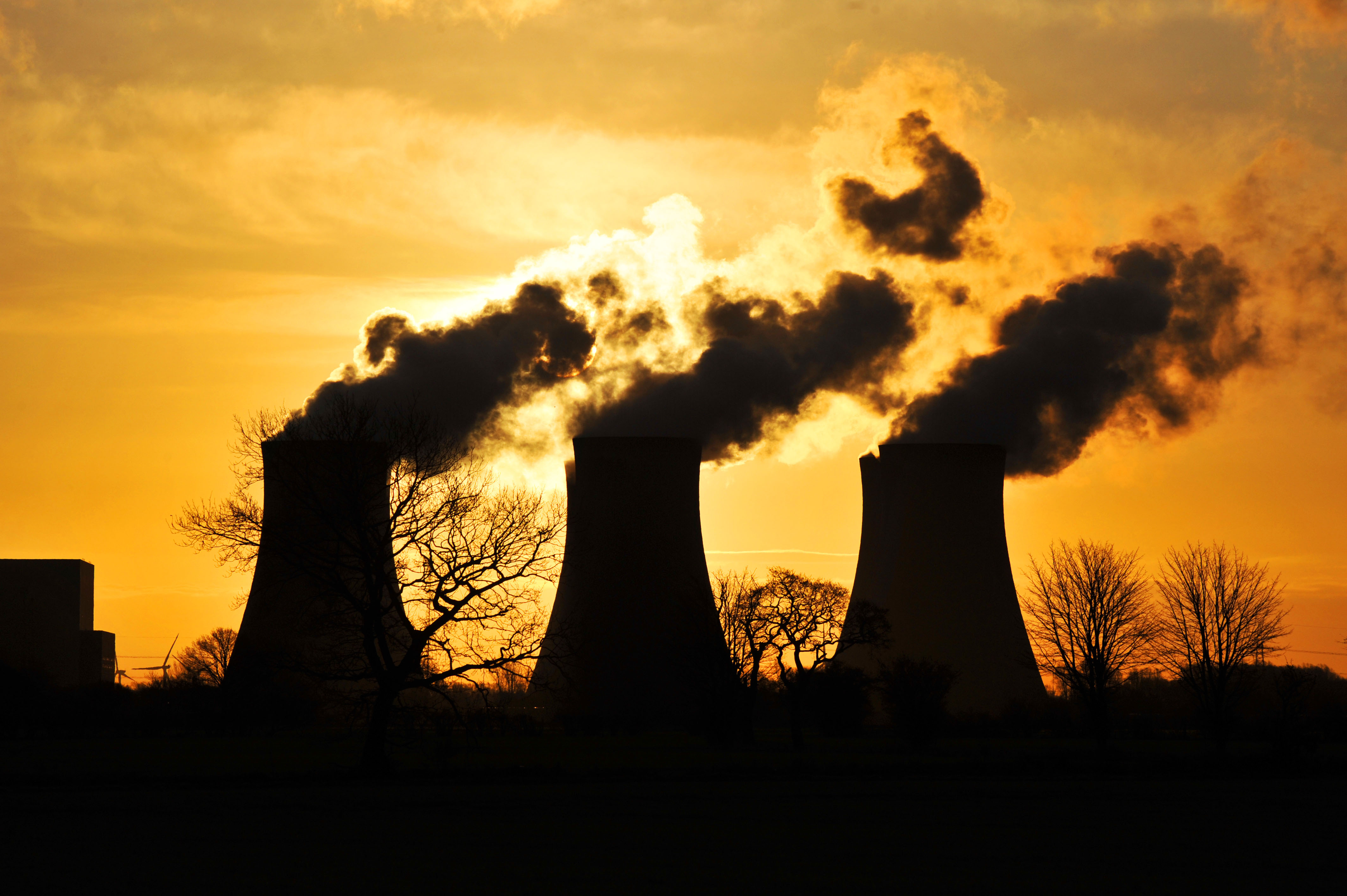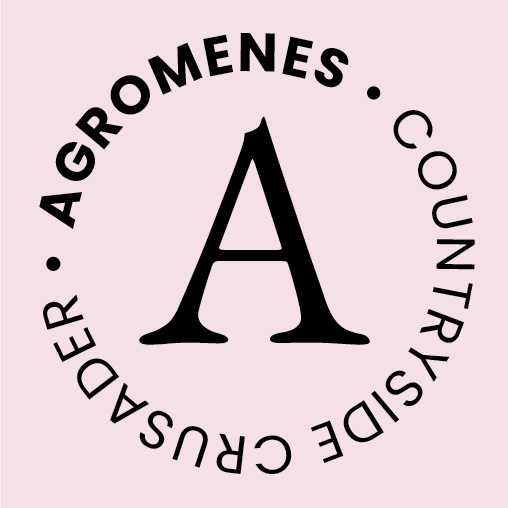
Exquisite houses, the beauty of Nature, and how to get the most from your life, straight to your inbox.
You are now subscribed
Your newsletter sign-up was successful
The trouble with the transition to clean energy, clean air and a greener future is that it starts here in the UK, where we have dirty energy, filthy air and losses of biodiversity. Yet there is a feeling of safety in what we know and that safety brings assumptions. We assume that it can go on like it is without much trouble, whereas change is always a challenge. We ask, will it work? What will it cost? By contrast, we rarely ask of the world we know, does it work and what will it cost to go on in the same way?
It costs to move to clean electricity and clean air, but it will cost a lot more if we stay with oil, gas and dirty air. That, however, is not how we think. Instinctively, we prefer what we know and distrust what seems new.
There are always plenty of interested parties to encourage that distrust: oil companies that attack electric vehicles by promoting newspaper articles that encourage anxiety about range and battery life; gas businesses that cast doubt on the efficacy of renewables in order to keep us dependent on their expensive imports from questionable overseas regimes; and food companies who oppose any action to encourage more healthy diets and less fast food.
Clean energy is challenging these companies and their profits as much as the railways challenged the canals and toll roads 200 years ago. Then, it was landowners and barge-masters who demonised steam and said railways were unsafe and costly — and they did cost a lot. Yet, looking back, we can see just how much more it would have cost if we had stuck with canals and toll roads and eschewed railways until they were thrust upon us by necessity. Instead, we embraced them and drove them across Continental Europe, Africa and South America.
'The natural supporters of evolutionary change are giving ammunition to those who demand extreme solutions.'
It was upon that acceptance of change that our prosperity was built. We did it by using and adapting the institutions we had. It was through evolution, not revolution that we created the industrial world. Its effects were revolutionary, but its establishment was enabled by our settled constitution. That is what we have to do again if we are to flourish in a new, more sustainable world.
Yet, too many are determined to hang onto what we have. That inhibits co-operative change and makes those who see the dangers of clinging on increasingly impatient. It explains the Green Party’s recent choice of a new leader, Zack Polanski, who is often dubbed a Bolshevist. He really believes we can’t deal with climate change unless we have regime change. He has given up on evolution and advocates a full-throated, publicly owned economy, which echoes Jeremy Corbyn and Zarah Sultana: nationalisation, wealth taxes and central direction — all the mechanisms that restrict innovation and enterprise and denigrate success.
Sadly, the natural supporters of evolutionary change are giving ammunition to those who demand extreme solutions. The Tory Party that supported the Climate Change Act and six successive carbon budgets and established the need to strive for net zero has turned in on itself by protecting the status quo, questioning the need for change and undermining the opportunities for growth.
Exquisite houses, the beauty of Nature, and how to get the most from your life, straight to your inbox.
Yet growth, as Margaret Thatcher understood, only comes if we take up the challenge of change. In the year of her 100th birthday, denying the need for urgent transition is a betrayal. It is an expensive recipe to maintain dirty air, polluted seas and sterile land and gives succour to those who promote revolution. Only the free market, properly encouraged, can deliver clean energy, clean air and a green future.
Agromenes is Country Life's countryside crusader. They have written about rural issues in the magazine each week for the past 25 years.

